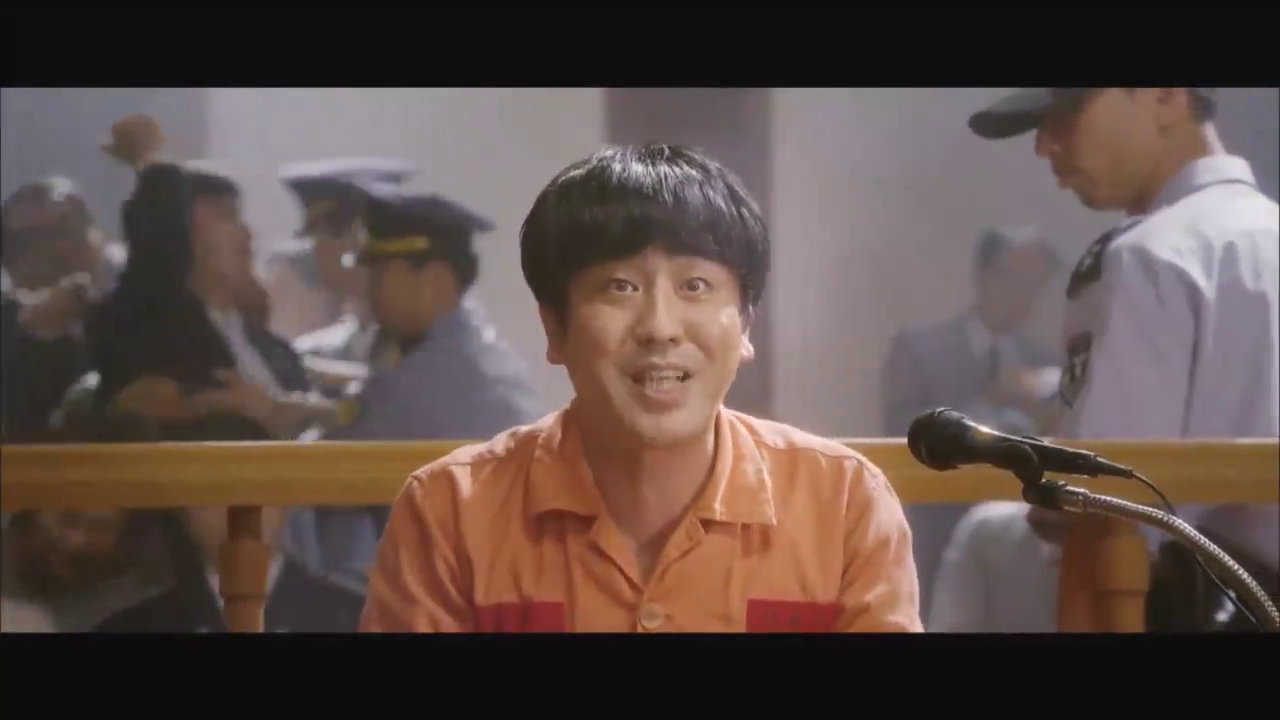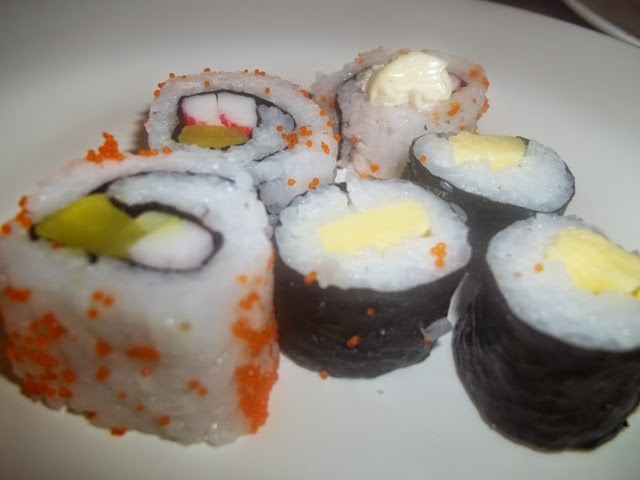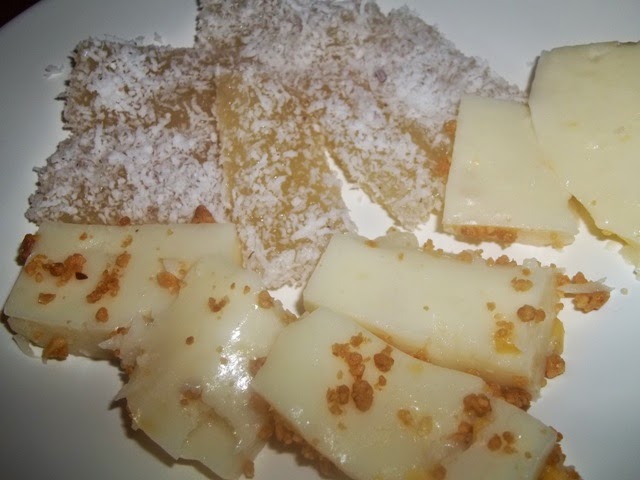My beloved Linguistics adviser Mr. Louward Zubiri, who is an expert in negation, would always say, "If there is no negation in language, all means of communication will crash." Sometimes saying no leads you to the truth, and sometimes saying yes leads you to save your daughter.
My stomachache didn't stop me from watching the movie Miracle in Cell No. 7, which was recommended by my good friend Mark Borris Aldonza. At first I didn't know whether I was crying from my stomachache or from the movie itself. I couldn't laugh at the funny parts because my innards contract but I managed to finish the movie wiping tears from my eyes.
The movie revolves around an intellectually challenged father Yong-gu (Ryu Seung-Ryong) and his young daughter Yesung (So Won Kal). It was at first like the movie I am Sam where the father behaves in a childish manner and a daughter who simply loves his father for who he is. The conflict first began when Yesung's favorite Sailor Moon bag was already sold out in an exclusive store, where the last one was bought by the daughter of a powerful policeman in their place. The next day, the daughter of the policeman looked for Yesung's father and told him she found another store that sells the bag. However things took a turn for the worst when the child suddenly slipped through thin ice and a brick fell on her head, cracking her skull and ultimately killing her. Yesung's father, who at the time was trying to resuscitate the dead child by conducting CPA, was found by an old woman and she had mistaken it for rape and murder. The police crowded and exaggerated the scene--they abused the intellectually challenged father and fooled him into confessing that he did rape and murder the child of the powerful policeman.
He was given a lifetime sentence to jail, where he met a number of inmates who first alienated him for his fabricated crime case. He was able to gain their trust when one day the leader of the pack and gangster was attempted to be killed by another inmate and Yong-gu, dubbed 5438 (his prisoner number) saved his life. As the leader of his gang before he was jailed, Sin Bong-sik paid his thanks by doing whatever Yong-gu wants; that is, to see his daughter Yesung. Doing the impossible, the group was able to sneak out Yong-gu's daughter using the daily ration of bread in the prison cells. However they were not able to return his daughter, who was already living in an orphanage on time and she was able to stay and hide with them in Cell No. 7. They were found out by the police two days after and Yong-gu was sentenced to the isolation room as punishment.
Yesung, after the incident, did not eat and became pale and sickly in the orphanage. The head police chief visited her and realized that the child just wanted to be with his father. And so after taking a vacation leave, he presented another box of bread for Cell No. 7, only this time, Yesung was in place of the breads. The police chief and the guards allowed Yesung to stay with her father in the prison as long as she liked. The police chief, who was also saved by Yong-gu once when an inmate set fire in the prison, started to get curious with his case and re-investigated it. During Yesung's stay in the prison, the other inmates also questioned what really happened that afternoon when the daughter of the powerful policeman got killed. They were able to deduce that indeed it was not Yong-gu who killed the child, but the thin ice and the brick that cracked her skull. Yong-gu's trial was looming, and all of his friend-inmates started their work on prepping Yong-gu before he is presented in front of the judge. They did this with dedication until it was time for the trial. However, another conflict surfaced when the powerful policeman threatened Yong-gu that the same accident would happen to Yesung if he tells the judge that it was not his fault.
"Did you rape and kill the child using a brick?"
Silence. The prosecutor repeated the same question for the nth time.
"Did you rape and kill the child using a brick?"
"Yes I did. I did kill the child."
Everyone was shocked and Yesung cried beside her teacher and the chief policeman. Yong-gu was sentenced to death on December 23, and the inmates, the chief policeman and Yesung made the best of their time which already had a deadline. Yong-gu's friends could not accept the result of the trial and tried to escape Yong-gu by building a large hot air balloon during Christmas just before his death sentence, but failed when the rope that was attached to the balloon got stuck in the barbed wires of the prison.
Yesung, who was already under the care of the chief policeman, said her last goodbye to his father on December 23, and before both of them knew it, they could not accept what had happened, that Yong-gu would take the electric chair and that Yesung would grow up without his real father.
Years later, Yesung, who was now a lawyer, re-investigated the case of his father and was able to successfully win the case even though his beloved father was already sentenced to death many years ago.
I cried over how Yesung and Yong-gu changed the world of Yong-gu's fellow inmates--the leader-gangster was able to face his fear and took the courage to learn how to read and write. I also cried over how Yesung was able to borrow a phone from his friend and lent it to one of the inmates who just got his wife a baby girl. I didn't know whether I should laugh or cry when they were searching for a signal in Cell No. 7 and finally found it near the toilet.
The first scene of the yellow balloon that got stuck in the barbed wire that the lawyer Yesung first saw and the last scene where the yellow balloon became the hot air balloon where Yong-gu and the young Yesung finally waved her goodbye was the most dramatic and spine-chilling images I've ever seen in movies so far. In the end, Yesung was able to forgive her father and bade her last goodbye.




















































